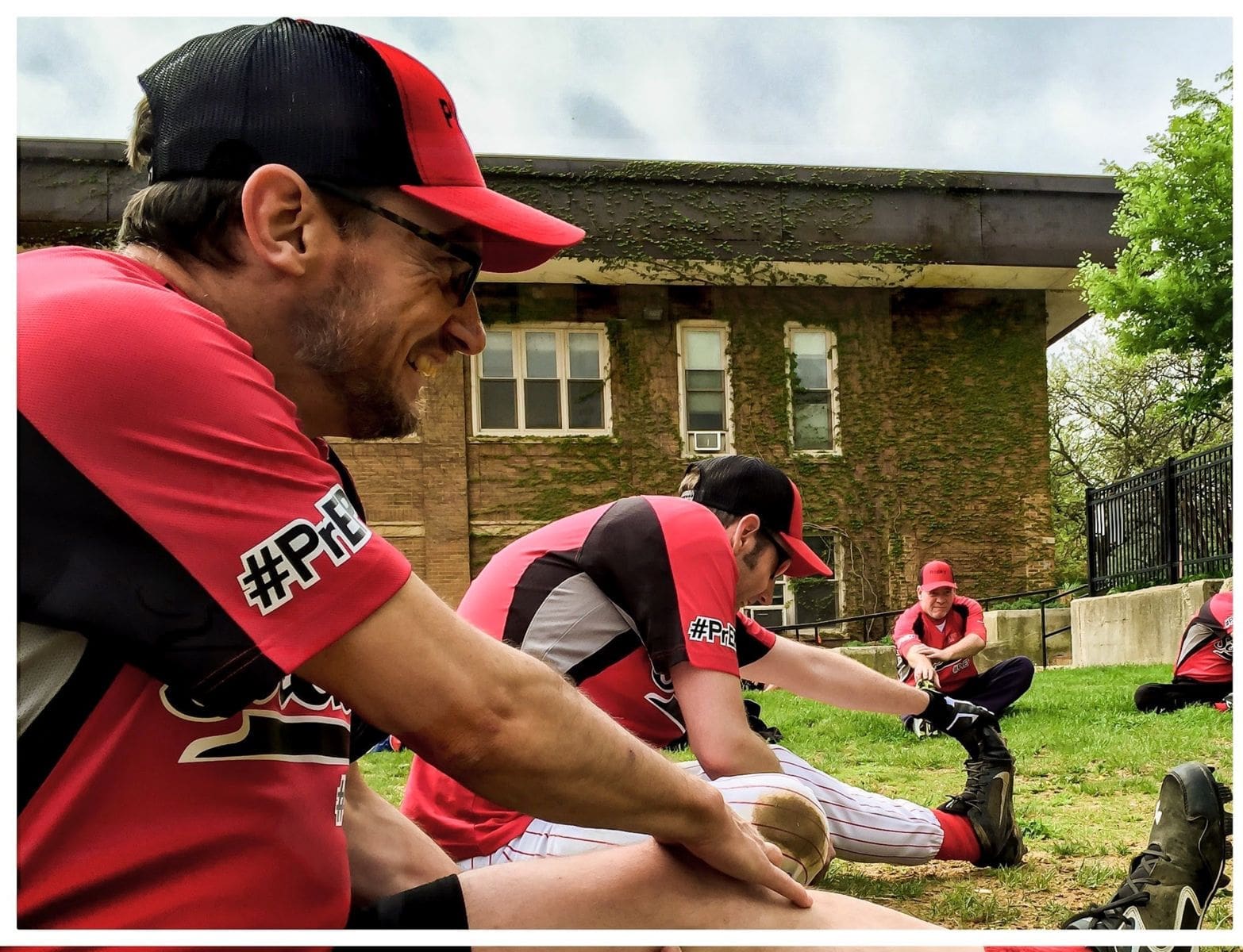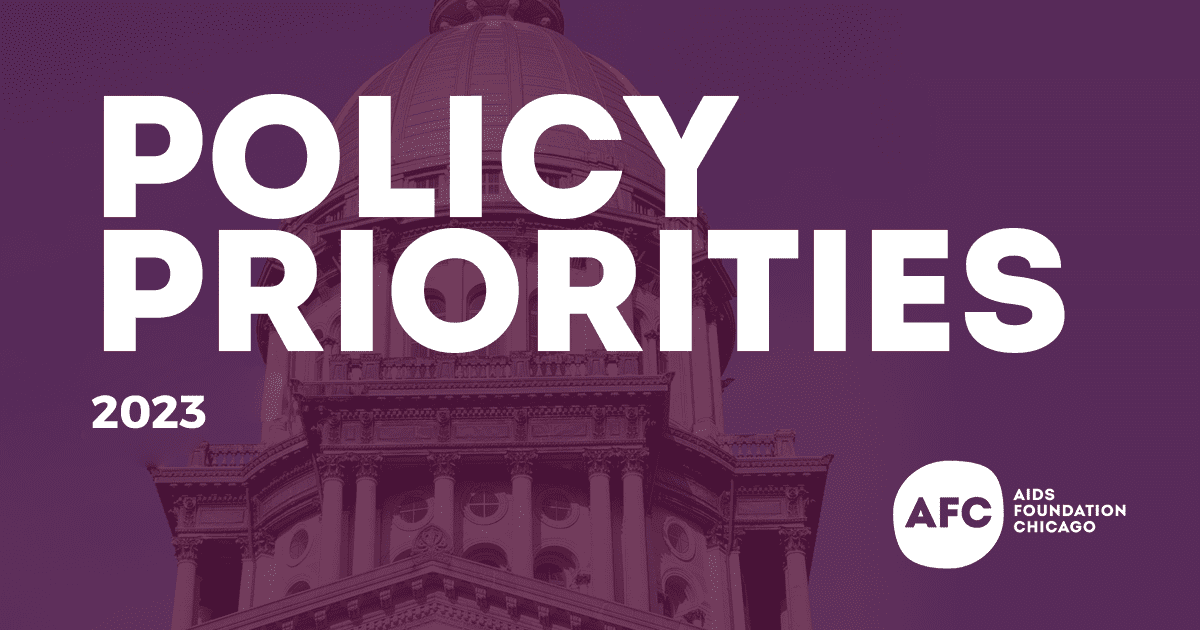An exciting and controversial HIV prevention method called “PrEP” took an important step forward late last week.
On Friday, Gilead Sciences, Inc. submitted research data to the Food and Drug Administration (FDA) for consideration of the antiretroviral drug Truvada to be used in a new preventative strategy called PrEP (pre-exposure prophylaxis).
Currently, Truvada is FDA-approved for treatment of HIV-positive people. In the PrEP approach, Truvada would be given to HIV-negative men and women as a means of preventing HIV.
Count the AIDS Foundation of Chicago (AFC) among those supportive of the development.
“At the end of the day, we need to get antiretroviral drugs (ARVs) to the people who need them — to those of us living with HIV and require treatment, and to those of us who are HIV-negative and need new ways to supplement our safer sex behaviors,” said Jim Pickett, AFC’s director of prevention advocacy and gay men’s health.
Pickett continued: “Having a prevention indication for Truvada will help make the drug more accessible in the United States for people who need new tools to protect themselves from HIV. We look forward to FDA’s review of the data and a robust community comment period.”
Doctors are able to currently prescribe Truvada for prevention, but it’s considered “off label,” meaning that it lacks FDA approval for that purpose. That’s a problem because not all doctors are comfortable doing that, Pickett said, and some insurance companies and other payers don’t cover off-label uses.
“If Truvada were to remain only indicated for treatment, it would likely limit the ability to get the drug to people for prevention purposes,” Pickett said.
Recent studies have shown PrEP to be effective in preventing HIV infections, particularly among gay/bi men.
Last year the iPrEX trial, touted as the scientific breakthrough of the year by TIME magazine, found that gay, bi and other men who have sex with men who took Truvada, along with counseling and condoms, had 42 percent fewer HIV infections than with counseling and condoms alone. Among those who used the prevention pill most consistently, the drop in infections was far greater.
Studies among heterosexuals, particularly women, have been less conclusive. However, the drug tenofovir, along with Truvada, have been shown to be effective among heterosexual sero-discordant couples and other heterosexuals as well.
There are significant concerns regarding PrEP.
The AFC-led Mapping Pathways project interviewed close to 40 stakeholders — scientists, academics, advocates, clinicians, government officials, policy makers and people living with HIV — in India, South Africa and the United States who expressed a host of concerns, including the possibility that PrEP may encourage people to use condoms less and the fear of the development of a drug resistance.
Additionally, people in each country noted the immense challenge of implementing an intervention delivering drugs, and a host of wrap-around services, to HIV-negative people when people living with HIV still do not have adequate access to proper medications.
Pickett said further studies, as well as implementation projects, are necessary to learn the best strategies to deliver PrEP to the “right people at the right time with the right mix of adherence counseling, regular HIV testing and other prevention services.”
As David Ernesto Munar, AFC president/CEO, articulated in a Huffington Post commentary, the FDA approval of PrEP would provide another tool in the fight against HIV/AIDS. In other words, it wouldn’t be expected to be a panacea for all scenarios.
“But in more than 30 years of fighting this epidemic, we have learned that a variety of approaches is needed for different populations, and that a combination of proven prevention approaches is the best way to drive down HIV infection significantly,” Munar wrote.
“This is a national health crisis,” he wrote. “We desperately need new strategies and tools to reduce the rapidly increasing rates of HIV infection in young gay and bi men, especially men of color.”



